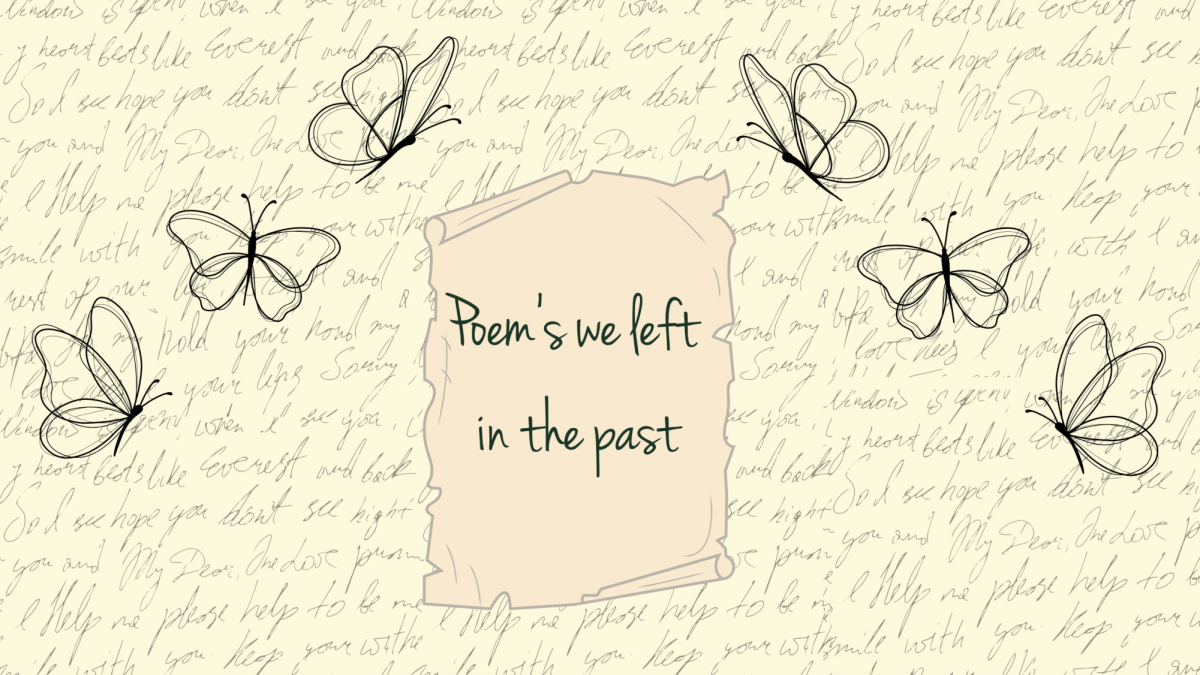New Year, Better You? New Year’s Resolutions for iUP Students
On December 31, people come together in celebration and wait until the clock counts down to midnight. Five, four, three, two, one … Happy New Year! The calendar is finished and everyone has a fresh start, but what are they going to do with this new year? Perhaps make some New Year’s resolutions? But why start on New Years? How do people make sure that they actually level up this year? What can Owls try changing in their lives?
Why Do People Make New Year’s Resolutions?
New Year’s resolutions are typically made as a symbol of wanting to improve one’s life, and what sparks change more than the beginning of a cycle? A new year is a fresh start, a clean slate, a perfect chance; it’s the new semester of life- not just another week that will disappear as soon as work is all done. The canvas is blank, so nothing better can come to mind than a beacon of hope to guide the next year. Resolutions make people think positively about the future and what outcomes will come (Dove, 2022). Writing and sharing resolutions inspires people; in fact, creating one makes somebody 10 times more likely to change (“New Year’s Resolutions,” 2025). Thus, for thousands of years, people have made promises of change for the new year, even though only about 9% of the population achieves them (Batts, 2025) (Pruitt, 2015).
Following Through with Resolutions
Part of the reason why few people manage to complete their resolution lies in planning and expectations. Making a resolution that will stick is similar to making a SMART goal; it needs to be specifically defined, measurable, achievable, relevant, and time-bound. It is also more effective to focus on a few important goals, rather than a list of everything someone could ever want. These selected resolutions should be things that you are inspired to do, have wanted for longer than a week, are a healthy amount of challenging, possible in your situation, and flexible. Flexibility is key to progressing on goals; although discipline is necessary, appropriate flexibility will make the difference between advancing and burnout. Once the goals are all set up, progress can be managed by writing weekly logs, telling friends and family to check in, setting notifications and alarms, etc. Additionally, having friends or family members with similar goals aids with motivation as it sets an entire setting that fosters change (Trimarchi, 2020). For instance, since a friend and I planned on drawing more often, we agreed to send each other our latest works every Saturday, whether they are completed or not.
Coming Up With Resolutions
There’s always room for improvement, and if you are struggling to find what to improve on, simply reflect on your current habits and problems. Afterwards, find out what habits make better replacements and possible solutions to problems. Here are some examples:
- With e-learning, it isn’t that hard to become chronically online and give into the doom scroll, which is why many Owls pledge to spend more time in nature, with friends and family, or working on hobbies. Matthew, an 11th grader says, “I am trying to play the piano more often. I would also like to learn new pieces, especially Fairy Fountain and Saria’s Song from The Legend of Zelda.”
- Here at iUP, besides google chats, we don’t always interact with each other. Like many of us, one 9th grader says they plan to “interact or socialize with fellow owls more.” Moreover, they would like to “do something to make an impact on our school, like starting an event or club.”
- Even if there is nothing very specific to change, you can always aim to enjoy life more; 9th grader Anika Goswami replied, “My new year’s resolution is to live with more positivity and appreciate the little things; the small victories and happy moments.”
Conclusion
It’s a new year- a fresh start. This is the perfect motivation to lay everything out properly and be even better than before! All there is to do right now is stay dedicated and make good choices. Are you planning on doing anything differently this year?
Works Cited
Batts, Richard. “Why Most New Year’s Resolutions Fail.” Lead Read Today | Fisher College of Business, https://fisher.osu.edu/blogs/leadreadtoday/why-most-new-years-resolutions-fail. Accessed 29 Jan. 2025.
Dove, Laurie L. “Why Do People Make New Year’s Resolutions?” HowStuffWorks, 20 Dec. 2022, https://people.howstuffworks.com/culture-traditions/holidays-other/why-make-new-years-resolutions.htm.
“New Year’s Resolutions.” U.S. Department of Homeland Security, https://www.dhs.gov/employee-resources/news/2020/01/07/new-years-resolutions. Accessed 27 Jan. 2025.
Pruitt, Sarah. “The History of New Year’s Resolutions.” HISTORY, 30 Dec. 2015, https://www.history.com/news/the-history-of-new-years-resolutions.
Trimarchi, Maria. “Why Are New Year’s Resolutions so Easy to Break?” HowStuffWorks, 15 Dec. 2020, https://people.howstuffworks.com/culture-traditions/holidays-other/new-year-resolutions-easy-to-break.htm.
















Avika Taneja • Mar 11, 2025 at 12:11 pm
Great job, Ana! Love this article!
Julia Thienvanich • Feb 28, 2025 at 1:15 pm
Wow I love this article Ana! I love making new year resolutions!
Anika Goswami • Feb 14, 2025 at 9:57 am
Awesome article, Ana!